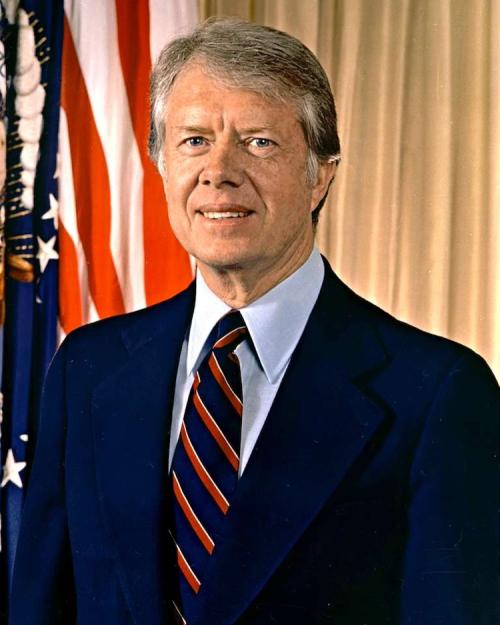Jimmy Carter, America’s 39th President, has died; he was 100. Though he only served one term as president, Carter’s stances on foreign policy and energy have helped shape the world we live in today.
The following Cornell University expert is available to discuss the legacy of President Carter.
Ruth Lawlor, assistant professor at Cornell University and historian of American foreign relations, says that Carter should be remembered for his conviction that the United States should strive to act as a force for good in the world.
Lawlor says: “The general assessment of the Carter administration’s foreign policy—at the time and now—is that it was hampered by inconsistency and factionalism.
“In both the Panama Canal Treaties of 1977 and the Camp David Accords of 1978, however, the administration scored notable wins. Carter’s administration also holds the distinction of being the only one since World War II not to undertake direct military intervention in a foreign country. Yet his presidency ultimately set in motion many of the trends that have shaped the world we live in today, such as the U.S. pivot to the Middle East as a major theater of military engagement (the Carter doctrine) and significant increases in defense spending.
“However, in the four and more decades since leaving office, Carter himself criticized these trends: in March 2003, he penned a critique of the Bush administration’s decision to go to war in Iraq, and in 2012 he condemned the Obama administration’s use of drone strikes and its failure to close Guantanamo Bay prison.
“The 39th president should be remembered both for his willingness to speak frankly about America’s global role today, as well as for his conviction that the country should strive to act as a force for good in the world.”
For interviews contact Damien Sharp: cell, 540.222.8208; drs395@cornell.edu.




